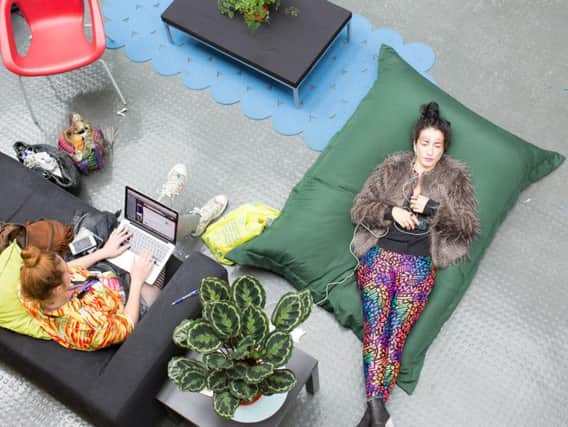New Fringe events to help stressed-out and exhausted performers


The Fringe Society is to set-up drop-in mental health and wellbeing sessions and workshops at its headquarters in August in response to demand from previous participants.
A new respite centre is also being created at the Fringe Central hub, near George Square, to create a quiet zone “away from the bustle” of the rest of the festival.
The line-up of special events include meditation, memory-mapping, open discussions and one-to-one therapy.
They will tackle problems like stage fright, loss of voice and balancing the pressures of performing in a show with being a parent of a young child.
A series of “critical wellbeing” events are aimed at allowing theatre-makers and arts journalists to discuss issues and “coping strategies” with look after their mental health.
Among the organisations who have signed up to be involved with events are NHS Lothian, the British Pyschological Society, and industry bodies Equity and Spotlight.
All of the events are being staged at Edinburgh University’s Appleton Tower, which is transformed into a performers’ centre every August.
Shona McCarthy, chief executive of the Fringe Society, said the new strand would help to performers “who find it all too much and struggling to sustain themselves until the end of their run.”
She said: “We are doing this in response to what some of the artists were telling us last year. Doing the whole Fringe is a big stretch and a big commitment, particularly if you are new to it. It can be wearing on your wellbeing by the end of it.
"We have taken that very seriously and will have a whole range of new services available this year to support artists.
"If you are doing a one-person show you can be exhausted by the end of Fringe. If your show isn't doing that well it can also be demoralising.
"We have got around 1000 first-timers performing at the Fringe this year. It can be a daunting landscape for those of us who have been around for a long time. It's about creating a sense of community and welcome for people who don't necessarily have the confidence to make their own networks and connections."